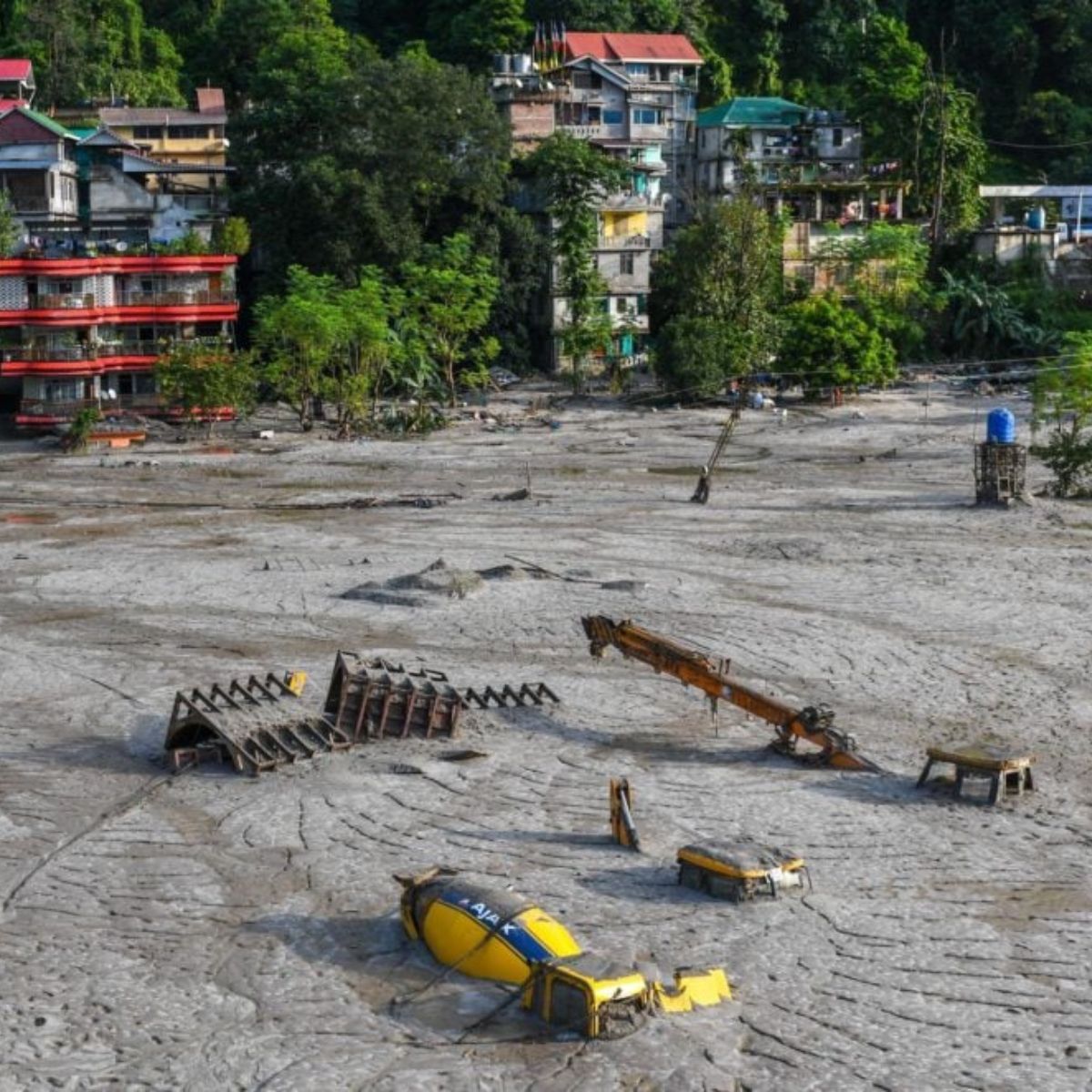Greater cooperation will accelerate Himalayan climate action
Source: The Third Pole
Date: 18 Oct 2023
The recent floods in India’s Sikkim state underscore the pressing need for better coordination between climate science and policy in the Hindu Kush Himalayan (HKH) region. Heavy rainfall on October 4th triggered floods that had been predicted by scientists since 2001 due to glacial lake outburst floods (GLOFs). The gap between scientific warnings and action resulted in loss of life and property. With global warming, the HKH region faces more frequent and severe floods. The HKH Science-Policy Forum, which recently convened, highlighted the urgency and need for clarity in responsibilities and resources. Overcoming political will and capacity challenges is crucial for addressing climate risks in the region. Time is of the essence to ensure change is possible and effective.
Over a year after Pakistan floods, survivors battle climate anxiety
Source: Al Jazeera
Date: 24 Oct 2023
A year after Pakistan’s unprecedented floods left 1.5 million people displaced, climate anxiety among affected communities is on the rise. Frequent floods due to climate change have created an unending cycle of displacement and despair, causing exhaustion and anxiety among residents. They fear an uncertain future, lacking preparations for another flood and clear shelter plans. Pakistan, highly vulnerable to climate change despite minimal contributions to global emissions, faces rising climate anxiety, especially among its most vulnerable populations. The constant destruction and rebuilding have left people anxious and overwhelmed. Urgent action is needed to address these ongoing climate-induced disasters and their mental toll.
Health of millions in Bangladesh at risk due to climate change
Source: Dhaka Tribune
Date: 18 Oct 2023
Climate change is adversely impacting healthcare and development in Bangladesh. Extreme weather events increased by 46%, leading to higher temperatures during the summer of 2021, causing heat-related fatalities. Air pollution, with high mortality rates from respiratory issues and cardiovascular diseases, further strains healthcare. Food insecurity is projected to rise, and diseases like dengue are expected to worsen due to climate conditions. Climate change also affects mental health. While previous policies lacked a focus on climate change, recent initiatives aim to address these issues. To build climate resilience, green infrastructure, labor protection policies, and a multi-sectoral approach are crucial. Effective adaptation measures are needed to combat increasing health impacts.



